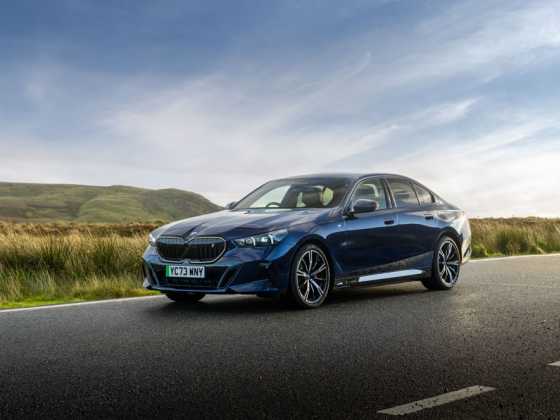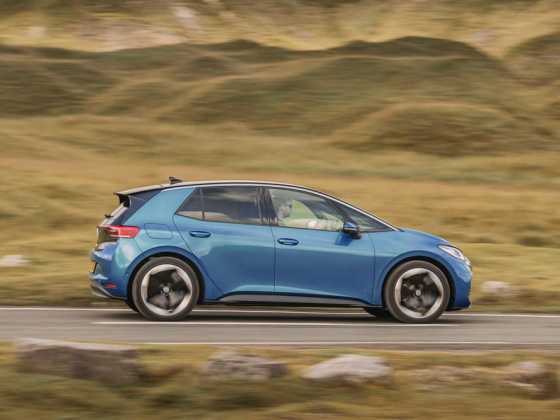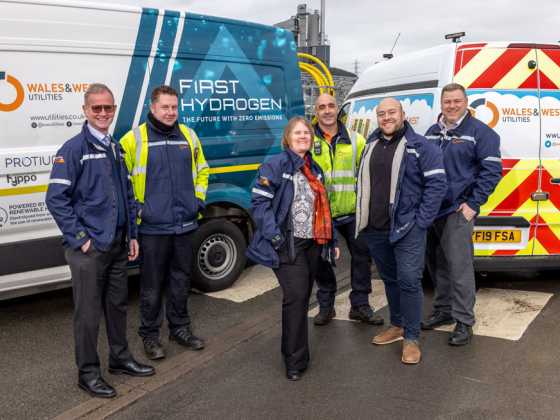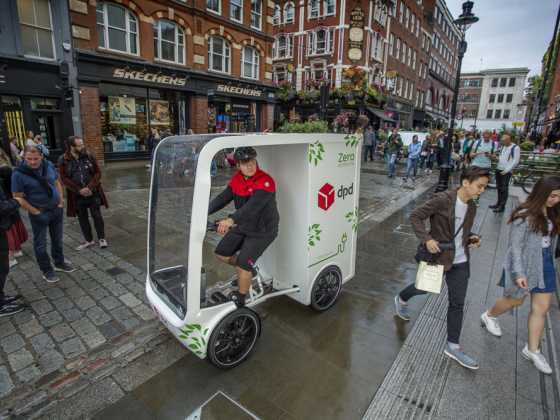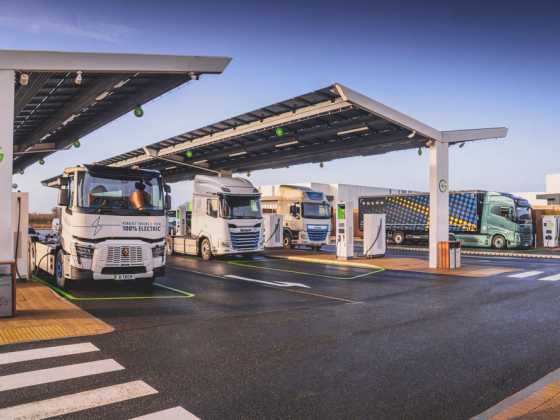A new drive to get more vehicles recycled
A recent report by Policy Exchange and King’s College London, Up in the Air, included diesel scrap schemes as part of its ten point plan. GreenFleet examines its campaign and how the motoring industry is reacting.
 With recycling targets changing from 85 per cent to a more stringent target of 95 per cent at the start of last year, vehicle recycling and replacing vehicle parts should be a major consideration for manufacturers. Up in the Air campaigns for the creation of a diesel scrappage scheme, providing grants to motorists to take diesel cars and vans off the road and replace them with lower emission alternatives such as petrol or electric. There are already financial incentives in place to discourage the purchase of new diesel vehicles, but, as of yet, there remains a residual issue concerning the 10.7 million diesel cars already on the road in the UK.
With recycling targets changing from 85 per cent to a more stringent target of 95 per cent at the start of last year, vehicle recycling and replacing vehicle parts should be a major consideration for manufacturers. Up in the Air campaigns for the creation of a diesel scrappage scheme, providing grants to motorists to take diesel cars and vans off the road and replace them with lower emission alternatives such as petrol or electric. There are already financial incentives in place to discourage the purchase of new diesel vehicles, but, as of yet, there remains a residual issue concerning the 10.7 million diesel cars already on the road in the UK.
The campaign suggests that additional policy intervention is required to accelerate the replacement of existing diesel vehicles. This can be achieved, whilst avoiding penalising existing diesel owners, by offering a scrappage grant to those who choose to replace an older diesel vehicle early. No such incentive scheme has been in place since 2009-2010, whereby a grant of £1,000 towards the purchase of a new vehicle when a car or van was scrapped and manufacturers matched the £1,000, giving a total of £2,000 off the list price of a new vehicle.
Such a scheme is yet to gain government backing. At the end of April, The Telegraph reported that the government did consider the use of scrappage schemes when drawing up its air quality strategy, but eventually deemed it ‘ineffective and prohibitively expensive’. A more targeted and proportionate approach was favoured instead, looking at clean air zones, but the question remains whether there is there merit in revisiting similar incentives?
A one year success
The Jaguar XE has just celebrated its first full year of sales. While this landmark would usually go unnoticed, at least in the media’s gaze, the first year provides a reason to be cheerful for one of the automotive industry’s less observed efforts.
In that time, ’REALCAR’, the pioneering recycled aluminium project that contributes to the awarding winning saloon’s aluminium‑intensive body has reached a significant milestone. Jaguar Land Rover has reclaimed over 50,000 tonnes of aluminium scrap back into the production process during 2015/16. The English manufacturer predicts that this has prevented more than 500,000 tonnes of CO2 equivalent from entering the atmosphere by not using primary aluminium material.
The figures are a result of project ‘REALCAR’ which involves 11 UK press shops implementing a closed-loop, segregating waste aluminium scrap so that it can be sent back into production to be re-melted into recycled aluminium sheet for use in Jaguar Land Rover vehicles.
The Jaguar Land Rover-led research project, part funded by Innovate UK, also saw the development of a recycled aluminium-based alloy which can accept a higher percentage of the recovered scrap. In 2014, the Jaguar XE became the first car in the world to use this innovative high-strength aluminium alloy, developed by project partner Novelis.
More than £7 million has been invested across Jaguar Land Rover’s own Halewood, Castle Bromwich and Solihull press shops to install intricate segregation systems to capture and distribute the aluminium scrap for re-melting, reducing waste, retaining higher quality and value in the material.
Recovering aluminium in this way offers huge sustainability benefits, with aluminium recycling requiring up to 95 per cent less energy than primary aluminium production.
Nick Rogers, group engineering director, said: “Innovation is at the heart of everything we do at Jaguar Land Rover. We are driven by the desire to produce increasingly world‑class, light-weight, vehicles, but we also want to be world leading in how we build them.
“Innovative projects such as REALCAR demonstrate our commitment to meeting our sustainability challenges head-on. Its success so far marks a significant step towards our goal of having up to 75 per cent recycled aluminium content in our vehicle body structures by 2020.”
The structural grade of recycled aluminium has since been tested and introduced in the lightweight aluminium bodies of the All-New Jaguar XF and F-PACE models.
Further Information
bit.ly/1Tz53jx

